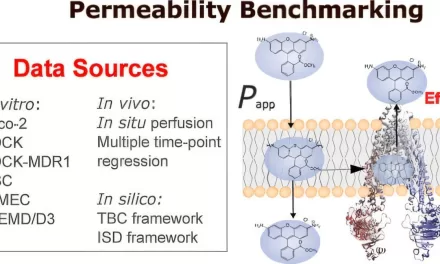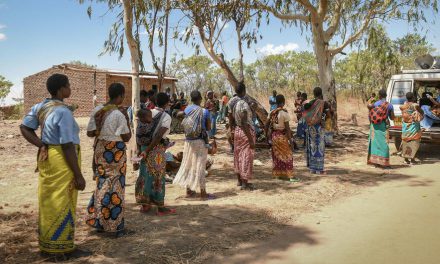A new study has revealed that a vaccination program introduced in Scotland to protect older adults from respiratory syncytial virus (RSV) has successfully reduced hospital admissions by 62%. The program, launched in August 2024, is credited with significantly decreasing the severity of RSV-related illness among individuals aged 75-79.
The research, conducted by the University of Strathclyde and Public Health Scotland (PHS), shows that the vaccination initiative has had a profound impact in its first year. The study, published in The Lancet Infectious Diseases, found that by November 2024, 68% of eligible adults had received the RSV vaccine, which is administered ahead of the winter season.
RSV is a highly contagious virus that primarily affects the respiratory system, often causing severe illness in vulnerable groups such as older adults, infants, and pregnant women. The vaccine, which offers multi-year protection, is a critical tool in safeguarding these populations, particularly during peak viral seasons.
Professor Chris Robertson, from Strathclyde’s Department of Mathematics and Statistics and a partner in the study, praised the swift success of the program, noting, “Our data shows that the program has had rapid success, not only in the reduction in hospital admissions linked to RSV in the age groups vaccinated but also in the extent of the vaccine uptake. People receiving the vaccination are protecting themselves, and it will be important to maintain the uptake at high levels.”
Dr. Sam Ghebrehewet, Head of Immunization and Vaccination at PHS, emphasized the importance of continued participation in the program. “This study shows how effective the new RSV vaccine program has been in reducing hospitalizations among those who are more vulnerable to serious complications of an RSV infection,” she said.
The program also extends to pregnant women, offering an additional layer of protection for newborns who are at risk of severe RSV infections. Neil Gray, the cabinet secretary for health and social care, urged eligible individuals to take advantage of the free vaccine, stating, “RSV can be very serious for older adults, newborns, and infants—potentially causing lung disease such as pneumonia. I’d urge all those eligible to come forward for their vaccine when called.”
With the success of this vaccination campaign, Public Health Scotland is working closely with local health boards to ensure as many individuals as possible are protected. The evidence points to a promising future for RSV prevention, with the potential for continued reductions in hospitalizations.
For further details on the study, refer to The Lancet Infectious Diseases journal (DOI: 10.1016/S1473-3099(25)00064-7).
Disclaimer: The information provided is based on a study published in The Lancet Infectious Diseases and should not be taken as medical advice. Individuals should consult their healthcare providers for personalized health guidance and vaccination recommendations.












